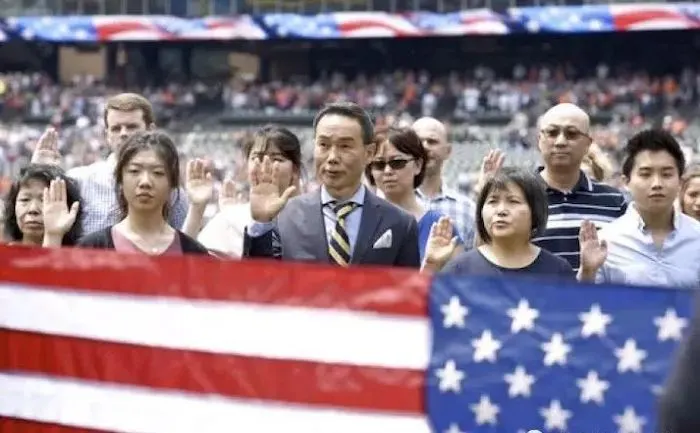WASHINGTON, DC — The American Immigration Lawyers Association (AILA) is urging Congress and the public to oppose a sweeping presidential proclamation issued June 4, 2025, that bars immigrants from 12 countries and imposes strict limitations on nonimmigrant visas for seven others.
Key Provisions of the Proclamation
The order prohibits citizens of the following nations from entering the U.S. as immigrants or nonimmigrants, with limited exceptions:
Afghanistan, Burma, Chad, Republic of Congo, Equatorial Guinea, Eritrea, Haiti, Iran, Libya, Somalia, Sudan, and Yemen.
Additionally, temporary visitors, students, and exchange visitors (B-1/B-2, F, M, and J visa holders) from Burundi, Cuba, Laos, Sierra Leone, Togo, Turkmenistan, and Venezuela will face entry restrictions. The proclamation also signals potential future restrictions on Egypt.
Exemptions apply to:
Lawful Permanent Residents (green card holders).
Dual nationals traveling on a passport from an unrestricted country.
Certain special immigrants, diplomats, asylum seekers, refugees, and athletes competing in major events.
Harvard-Specific Ban Takes Immediate Effect
In a separate but related move, the administration imposed an immediate ban on F, M, and J visa holders seeking to study, research, or work at Harvard University, while also calling for the revocation of existing visas for current Harvard-affiliated international students and scholars.
AILA: Policy Harms Families, Economy, and U.S. Values
AILA President Kelli Stump sharply criticized the measures, arguing they replicate failed policies from previous administrations.
“These restrictions do not enhance national security or economic growth—they tear families apart, stifle innovation, and hurt businesses struggling to fill critical roles with already vetted foreign workers,” Stump said.
She condemned the proclamation as “a politically motivated attack” targeting predominantly Muslim-majority, African, and Latin American nations, calling it xenophobic and discriminatory.
“The U.S. already has rigorous vetting. This ban is an invisible wall against immigrants of color, contradicting American principles of fairness and equality,” Stump added.
Contradictions Highlighted
Stump also noted inconsistencies in the administration’s stance:
Countries previously deemed safe for deportations (through terminated Temporary Protected Status and humanitarian parole programs) are now labeled too dangerous for entry.
The Harvard-specific ban appears driven by political retaliation rather than policy rationale.
Related topics:
- What Is Birthright Citizenship?
- What Is Immigration Enforcement?
- What to Put in Citizenship Immigration Status on Form I-9?


